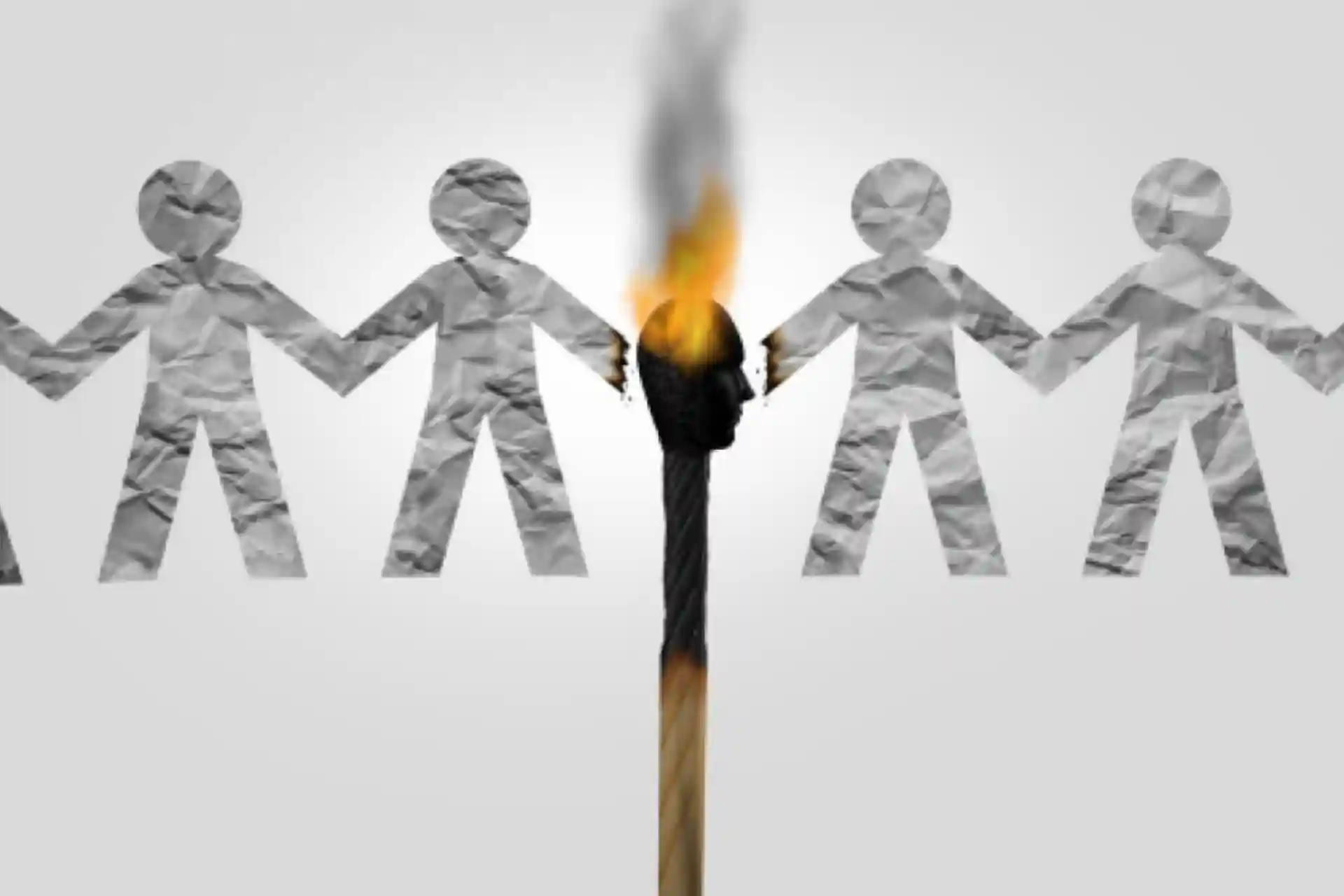17.01.2025 18:08
1385
Do "Friday raids" in Uzbekistan reduce radicalization or...?
The West tries to humiliate Islam and Muslims in every way. There are those who understand that "Black Friday" is a made-up term for this reason. If you tell them that it's not so bad, they will bombard you with questions like "Why didn't the West set the discount day on another day? Why did they add the word "black"? Do you think the powerful Christian or Jewish marketers of the world didn't know how important Friday is for Islam and Muslims when they came up with this phrase?" We certainly understand these feelings. The reason is that Friday is a special day of celebration for every Muslim child. On this day, Muslims wash themselves, put on their favorite clothes, perfume themselves with musk and go to the congregational prayer to worship their Lord. After the prayer, they get news about their parents, relatives, and close relatives. Even hearts that were a little depressed by this excuse were filled with joy.
In Uzbekistan, where 96 percent of the population is Muslim, the government should create conditions for celebrating this day in a special spirit, in our opinion. However, this day is more in line with our religion and values than the New Year, when thousands of Santa Claus parades are held.
Unfortunately, our joy did not last long after reading the post of the Uzbek segment of Facebook users, "They are standing near the door of the mosque and fighting against the religion of Allah. They are preventing young people from praying." Those who responded to this opinion added that "students are being held in school detention on Fridays, even if there are no classes."
One of our observers also sent us a similar request. It states, "Students attending Friday prayers in schools in the Sariosiyo district of Surkhandarya region are being registered, and their parents are being asked to come to the school and write a letter of explanation."
Reading these words, we think of the young people who were just standing up and slapping a row of girls for a "Night Club" advertisement. How are we educating our youth? If they become "night butterflies" caught abroad in the future, immigrants who drink homemade vodka and die five days before their due date, how much benefit will they have brought to our country. However, aren't the young people who know the difference between haram and halal, the future of the nation? Aren't we also painting Friday "black" in a real sense, even if not openly?
How appropriate is it that events against "radicalization of the population" are being organized on this very day?! For example, in a statement published by the press service of the city of Khanabad, we read the following information:
"The Deputy Mayor of Khanabad, Head of the Family and Women's Department, O. Hamdamova, held a meeting with the city's elders, wise women, and neighborhood activists on the "Radicalization" of the population of Khanabad, on the issue of women's unusual clothing and their advocacy work in the city to prevent them from joining various movements. Also, events on national costumes continue every Friday in secondary schools and organizations in Khanabad."
We are surprised by the words used in this report - "radicalization of the population" and "unusual developments."
Are we misinterpreting the term radicalization? According to the data, radicalization is the process by which an individual or group adopts and promotes extreme positions and actions against social, political, or religious systems. This process can lead to violence or extremism based on radical ideas.
Countries with the lowest rates of radicalization are generally those with strong social stability, good education systems, and free civil societies.
We can include the Scandinavian countries, Switzerland, Canada, and Japan among such countries.
The following measures have been identified as measures to prevent radicalization in these countries:
1. Education and enlightenment:
To prevent the spread of radical ideas, the education system focuses on developing critical thinking. Different cultures and religions are studied, and tolerance is emphasized.
2. Social justice:
Poverty and social inequality are among the main causes of radicalization. These countries provide stable economic policies, fair jobs, and equal opportunities.
3. Law and right:
The effective functioning of laws is ensured.
4. Information Control:
Restrictions will be imposed on information that incites violence and spreads extremist ideas. Monitoring will be carried out to prevent the spread of radical content on the Internet.
5. Integration Policy:
A policy against immigrants and nationalism has been developed. Attention is paid to the effective integration of newcomers into society and their social adaptation.
In short, countries with low levels of radicalization pay great attention to education, social stability, freedom of religion, human rights, and the rule of law. They use a comprehensive approach to combating violence. And what about us? To what extent do we curb radicalization by prohibiting women from wearing the hijab or young people from attending Friday prayers? On the contrary, are we not increasing their hatred of the government and making them easy prey for someone? Our leaders should seriously consider the answers to such questions.

